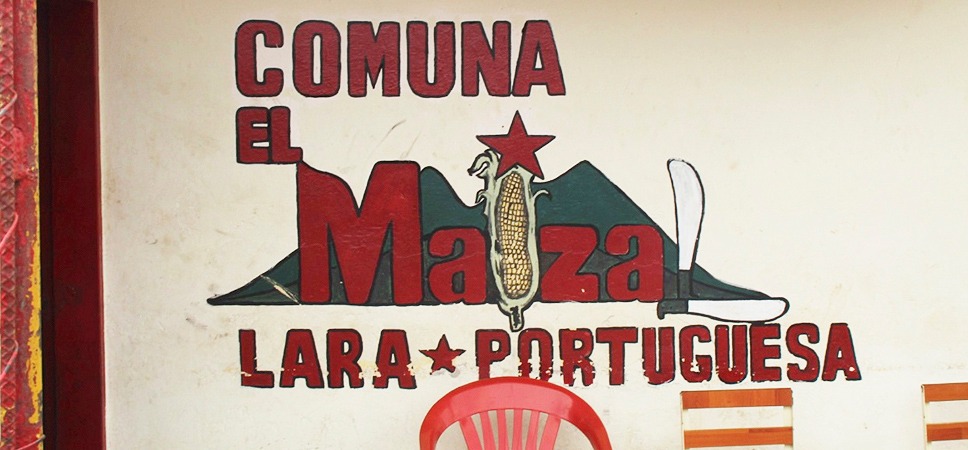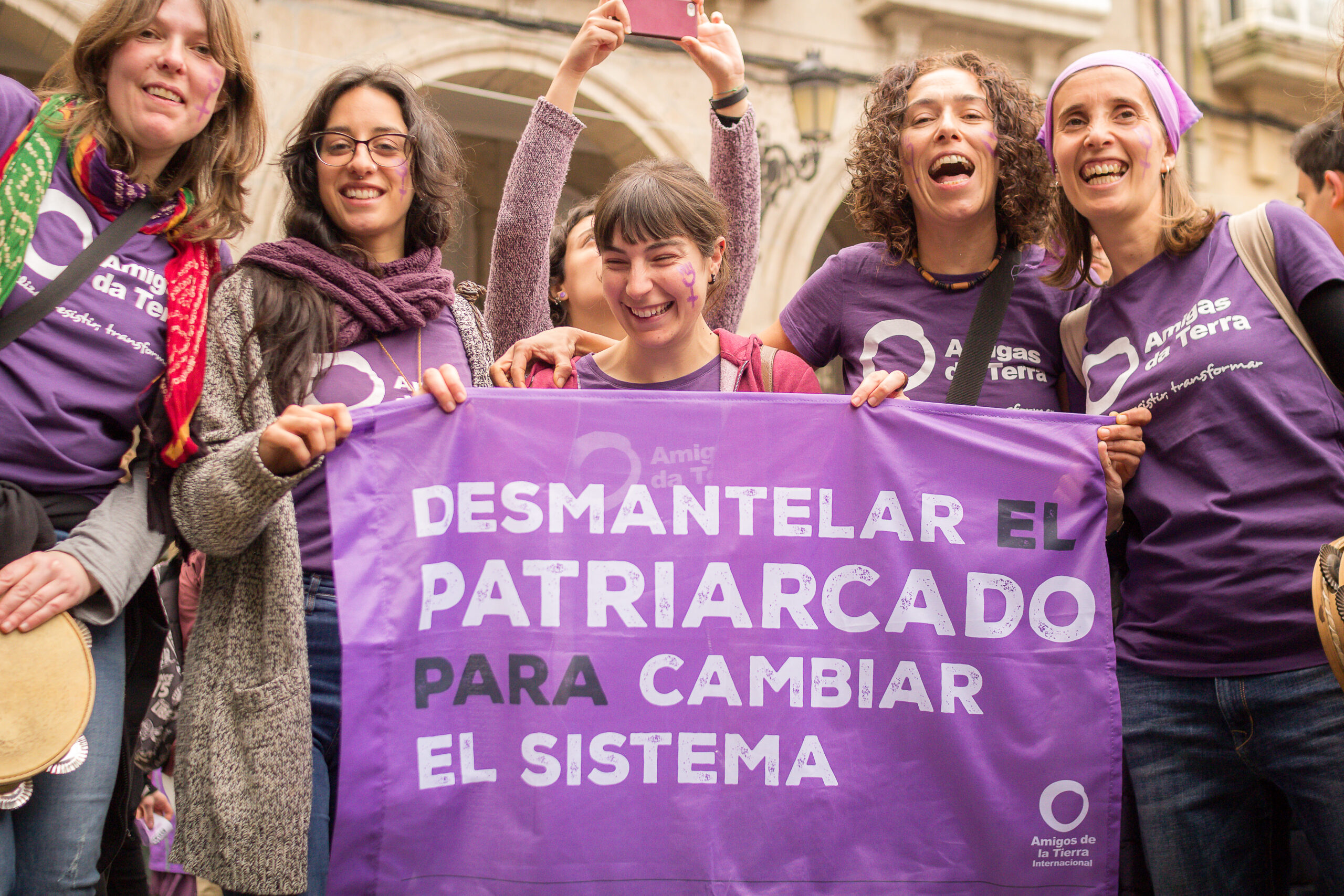A rebel, but conscious youth
Visit to El Maizal community in Venezuela: an example of autonomy and food production
 David Crump, From the Association of Agricultural Workers of Florida (US), member of La Vía Campesina.
David Crump, From the Association of Agricultural Workers of Florida (US), member of La Vía Campesina.
Socialist community El Maiza, located between Lara and Portuguesa states, in Venezuela, is a reference for the community movement of the country. Founded 11 years ago, with diverse self-managed companies, El Maizal is proud to show visitors their productive diversity and their political-ideological framework, with self-government as their banner.
One example is enough: the unit focused on cattle production started in 2009 with 60 animals and today they have almost 700, and they were close to 1000 not so long ago. In addition, they raise around 300 pigs, and produce maize, flour, milk, cheese, cream, whey, vegetables and oilseeds, seeds, cassava, sweet potato, which are sold in open markets or exchanged.
As part of Via Campesina´s first International Solidarity Mission in Venezuela, carried out from 20-27 January, Real World Radio visited El Maizal community which was created as a result of the unproductive land recovery process implemented by Hugo Chávez´ administration in 2009 (through which 2,200 hectares were recovered) and today is one of the many strongholds of the Venezuelan resistance against the imperialistic economic war.
“Despite the crisis and the economic war, we are keeping our commitment taken when our Commander Chávez came to these lands (March and November 2009), to produce in a collective way”, told activist Yohander Pineda to Real World Radio. With 28 years of age, he is the spokesperson of the community´s bank, a self-managed institution which finances the different productive units of El Maizal.
Yohander talked about what they produce in the community, highlighting the role of meat, pigs and maize, as well as how they have been producing their own flour since last year. He added that all projects have had the financial support of the community bank at some point and he described how the institution works. We also learned about his personal and political development in the community.
When asked about the value of La Vía Campesina´s First Mission in Venezuela and the visit to his community, Yohander said: “Chávez once said that the community is not only the land where it stands, the community is not a national thing, it has to be international.” “We call on the people to continue resisting because only the people can save the people,” he added.
Real World Radio also interviewed activist Elisa Peña, 30, who works at the food collection center where all food produced and processed in the community is taken to be distributed to markets and other sale or exchange sites. Other food items exchanged with national communities, such as coffee or chocolate, are also received there.
“Every day we package the food and get the products ready to be distributed on the markets”, said Elisa. “If we have to work during the weekend, we decide together who can be here and who can´t. This is our strength. I always say that without awareness we won´t make it. If we stop two or three days, distribution becomes more difficult,” she explained.
Elisa told Real World Radio how the prices of products produced in El Maizal are lower and more fair when compared to conventional supermarkets, and she talked about the importance of political formation at the school they have in the community for that purpose.
According to Elisa, this way of organizing themselves in the community to live and work “is based on our Commander Chávez. He left us this legacy, these tools, what we did was to take them.” “But in order to take them, we must build our political capacity to learn and to strengthen our awareness. Without awareness we wouldn´t be able to make it.” “We are rebel youth, but a conscious one,” highlighted the activist.
* Photos by David Crump, from the Association of Agricultural Workers of Florida (US), member of La Vía Campesina






